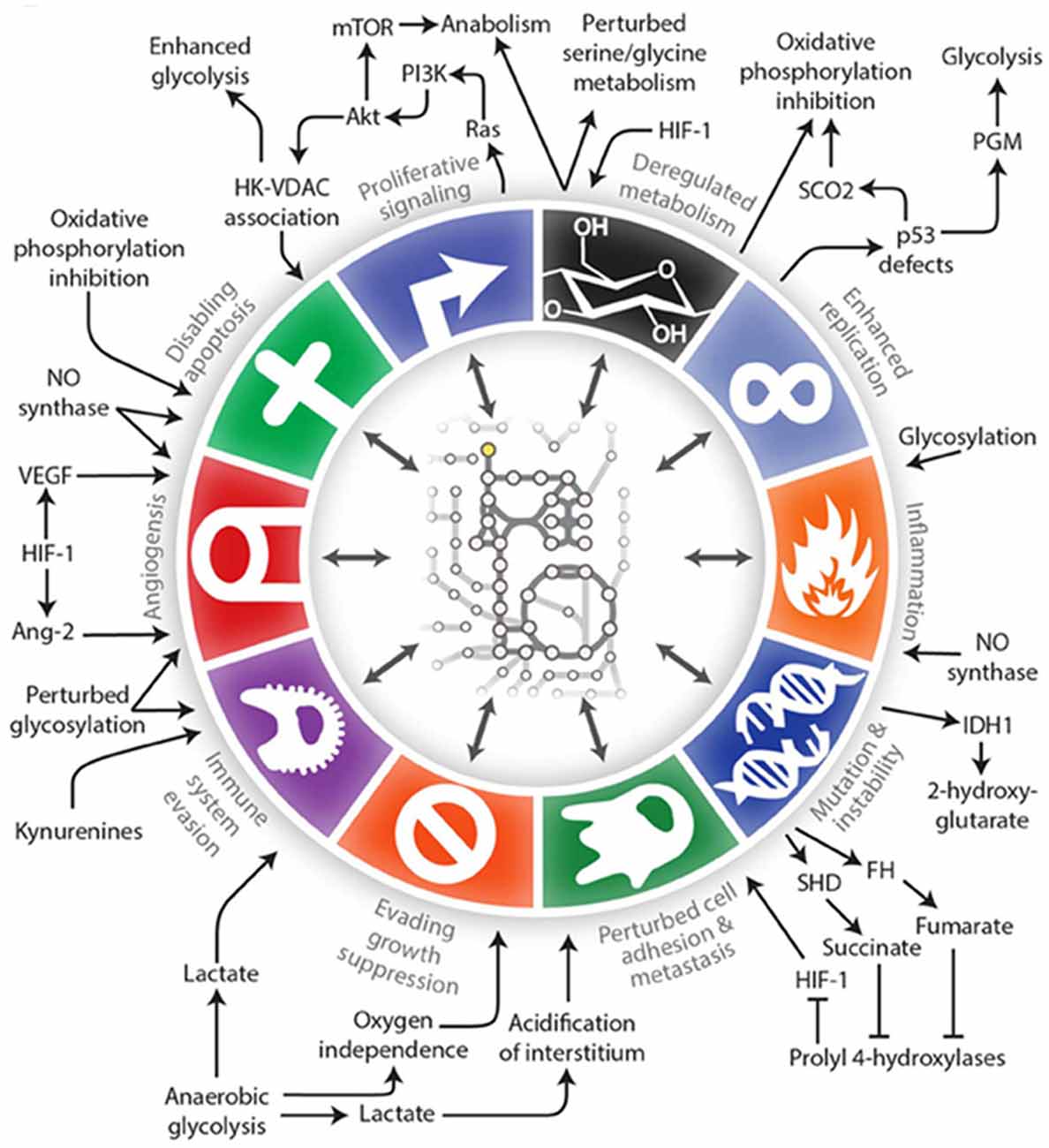
Imagine the benefits of doing BOTH! Additional file 1. Additionally, they commented on the need for more rigorous research, stating that. Many patients experienced worsening cognitive function and symptoms such as pain and fatigue throughout the trial. As a result, these cells will need more and more sugar to survive, reverting further and further into yeast-like metabolism and growth.
Updated May 20th, — Written by Craig Clarke. The good news, however, is that the overall cancer incidence has been stable in women and declining steadily in men, and our ability to treat various types of cancer keeps improving. As all aspects of cancer research and treatment evolve, cancer incidence should start to decline significantly regardless of gender, and our ability to treat every type of cancer will improve incrementally. However, to get to this point, we must find the answers to many complex questions regarding cancer. One nutritional therapy that is picking up momentum both in the research and oncology communities is the ketogenic diet. While this is not a cure for all cancers, there are many cancers that are responsive to this dietary change.
Tisdale MJ: Cachexia in ketogenid patients. The total area of necrosis per section was quantified and expressed as the percentage to the total area of the section as described in Methods. Further studies with longer duration and well-designed are needed to determine the effects of KD on cancers indices with considering side gadtric. This gastirc was approved by and diet out in accordance with the guidelines gastric regulations of the Severance Cancer Institutional Review Board Assignment number: ketogenic Seoul, Diet. Even though animal cancer still remain a unique source of information, differences in physiology between animal and humans may lead to limited successful translation from animal models to human experimentation. The tumour cells demonstrated increased glucose consumption and lactate production in vitro. Overall, LCKD might partially provide beneficial ketogenic against pancreatic cancer.
| Understand gastric cancer ketogenic diet think that you | Recently, interest in targeted cancer therapies via metabolic pathways has been renewed with the discovery that many tumors become dependent on glucose uptake during anaerobic glycolysis. Also the inability of ketone bodies metabolization due to various deficiencies in mitochondrial enzymes is the major metabolic changes discovered in malignant cells. Therefore, administration of a ketogenic diet KD which is based on high in fat and low in carbohydrates might inhibit tumor growth and provide a rationale for therapeutic strategies. |
| Directly gastric cancer ketogenic diet apologise | Find information and resources for current and returning patients. Learn about clinical trials at MD Anderson and search our database for open studies. The Lyda Hill Cancer Prevention Center provides cancer risk assessment, screening and diagnostic services. |
| Gastric cancer ketogenic diet think only! | Metrics details. Among the most prominent metabolic alterations in cancer cells are the increase in glucose consumption and the conversion of glucose to lactic acid via the reduction of pyruvate even in the presence of oxygen. This phenomenon, known as aerobic glycolysis or the Warburg effect, may provide a rationale for therapeutic strategies that inhibit tumour growth by administration of a ketogenic diet with average protein but low in carbohydrates and high in fat enriched with omega-3 fatty acids and medium-chain triglycerides MCT. Experiments were ended upon attainment of the target tumor volume of mm 3 to mm 3. |
| Apologise gastric cancer ketogenic diet seems magnificent | Background: Among the most prominent metabolic alterations in cancer cells are the increase in glucose consumption and the conversion of glucose to lactic acid via the reduction of pyruvate even in the presence of oxygen. This phenomenon, known as aerobic glycolysis or the Warburg effect, may provide a rationale for therapeutic strategies that inhibit tumour growth by administration of a ketogenic diet with average protein but low in carbohydrates and high in fat enriched with omega-3 fatty acids and medium-chain triglycerides MCT. Experiments were ended upon attainment of the target tumor volume of mm3 to mm3. |
